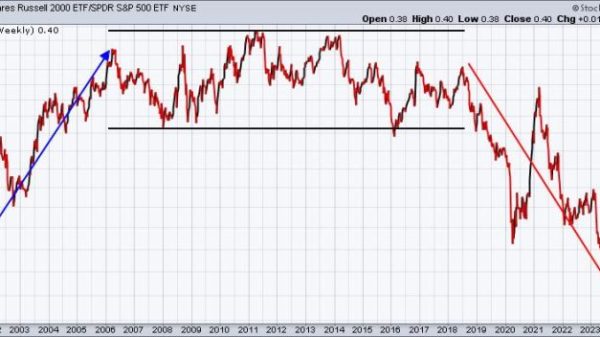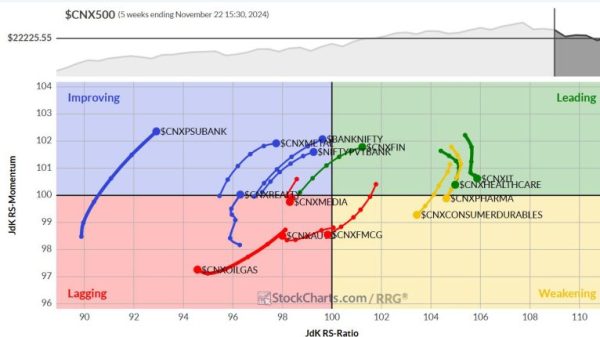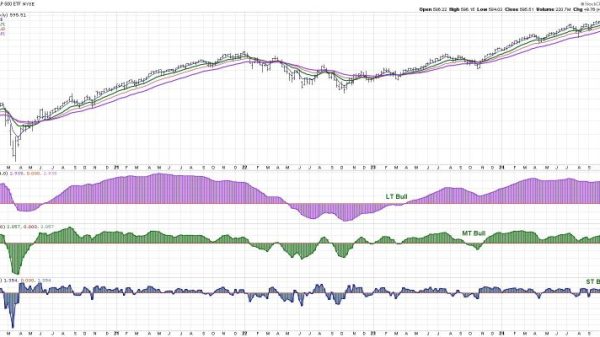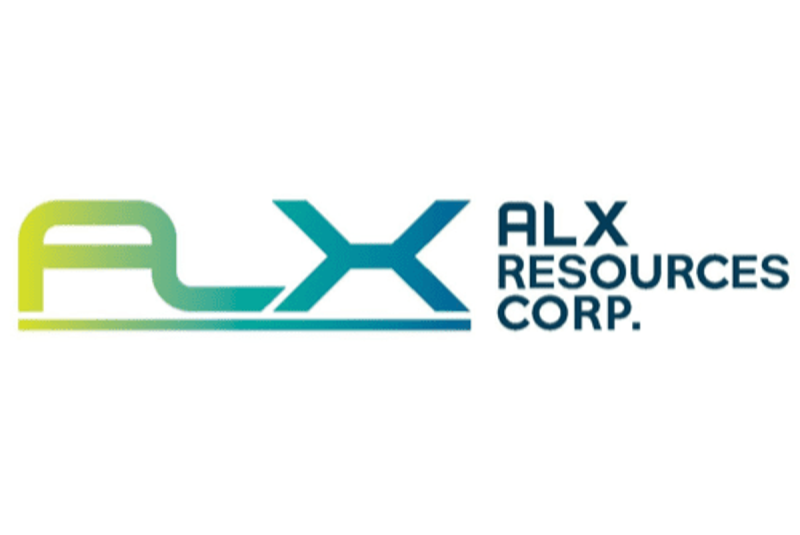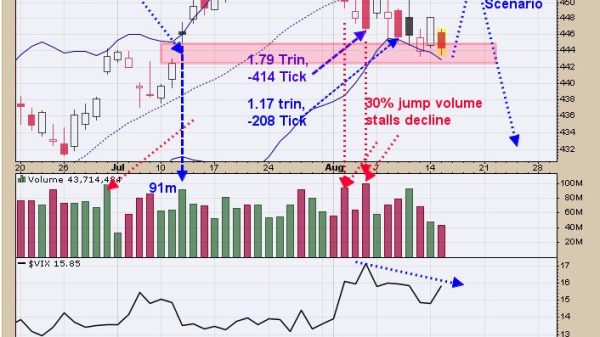alx resources corp. (TSXV: AL) (FSE: 6LLN) (OTC: ALXEF) (‘ALX’ or the ‘Company’) is pleased to announce the completion of a surface prospecting program in October 2023 at its 100%-owned McKenzie Lake Uranium Project (‘McKenzie Lake’, or the ‘Project’) located in the southeastern Athabasca Basin area of northern Saskatchewan, Canada.
McKenzie Lake 2023 Prospecting Program
The purpose of the 2023 prospecting and mapping program was to follow up on the results of ALX’s 2021 airborne radiometric survey that had detected a highly-anomalous uranium signature that was determined to be related to uranium mineralization in a basement derived boulder (‘Boulder #1’) discovered in an initial site visit (2021) to McKenzie Lake (see ALX news release dated September 21, 2023).
Access to the Project in October 2023 was gained by helicopter and supported a three-person geological crew for prospecting. Weather conditions limited the amount of field work that could be completed; however, the crew was able to spend all or portions of 6 days prospecting in the discovery area of Boulder #1 and several other target areas identified from the 2021 airborne radiometric survey. Boulders or outcrops of interest were sampled and measured for radioactivity with a hand-held RS-125 Super-SPEC gamma-ray spectrometer (RS-125), which displays radioactivity in counts per second (‘cps’).
Photo 1: Boulder #1, relocated and excavated in October 2023, measured >6,000 cps
To view an enhanced version of this graphic, please visit:
https://images.newsfilecorp.com/files/3046/186506_021e142dd4ea9853_001full.jpg
Sample 149616, collected in 2021 from Boulder #1, is interpreted from the geochemical assay results to be derived from a calcareous arkose or possibly calc-silicate rock that forms part of the Wollaston Domain metasediments. The geochemical results from sample 149616 returned 844 parts per million (‘ppm’) uranium (total digestion) with a corresponding uranium assay of 0.101% U3O8. The 2023 prospecting program revisited this boulder sample and excavated the overburden cover over the boulder to gain a better understanding of the nature of this occurrence. This revealed that it was a much larger boulder than originally suspected from the 2021 prospecting program – the boulder is approximately 0.4 by 0.6 metres in top surface area and least 30 centimetres thick.
The excavation of Boulder #1 also revealed that the uranium mineralization is associated with hydrothermal hematite alteration and a light yellowish-green alteration that is believed to be a secondary hydrothermal alteration that is often associated with uranium mineralization (Photo 2). Furthermore, it was observed that the boulder is very angular, which indicates that it has probably not moved very far from the original bedrock source.
Photo 2: Sample collected in 2023 from Boulder #1 that shows light yellowish-green alteration and red hematite alteration that is associated with the uranium mineralization
To view an enhanced version of this graphic, please visit:
https://images.newsfilecorp.com/files/3046/186506_021e142dd4ea9853_002full.jpg
A second highly-radioactive boulder (Boulder #2), which measured between 4,000 and 16,000 cps on the RS-125, was discovered in another target area that was prioritized for follow-up because of an anomalous radiometric response detected in the 2021 airborne radiometric survey. Boulder #2, discovered beneath overburden cover, is located approximately 2.4 kilometers west-southwest of Boulder #1. The boulder is a dark red (hematite altered) pegmatitic syenite and approximately 1.2 x 1.2 metres in surface area. The angular to sub-angular shape of the boulder suggests that it has not been transported very far from its original bedrock location (Photo 3).
Photo 3: Site of Boulder #2, discovered and excavated in October 2023, measured 4,000 to 16,000 cps
To view an enhanced version of this graphic, please visit:
https://images.newsfilecorp.com/files/3046/186506_021e142dd4ea9853_003full.jpg
Syenite, generally a type of igneous rock but less commonly also known to have a metasomatic origin, is host to uranium mineralization in Saskatchewan at the historic Gunnar Mine near Uranium City, SK. Most of the uranium deposits in the Beaverlodge (Uranium City) district in northern Saskatchewan are located within or adjacent to ‘granitic’ (sensu lato) rocks. While some workers classify them as granite-related uranium deposits (Chi et al., 2020), other workers have called them ‘vein uranium deposits’ (Ruzicka, 1993), ‘metasomatic deposits’ (IAEA, 2009), and ‘structure-bound deposits’ under the class of ‘metamorphite deposits’ (IAEA, 2018).
Photo 4: Boulder #2 is a hematized syenite with a measured radioactivity of up to 16,000 cps
To view an enhanced version of this graphic, please visit:
https://images.newsfilecorp.com/files/3046/186506_021e142dd4ea9853_004full.jpg
Samples taken during the 2023 prospecting program were shipped to SRC Geoanalytical Laboratories in Saskatoon, SK (‘SRC’) for geochemical analysis. Results will be released following their receipt, compilation and interpretation.
Recommendations for further work at McKenzie Lake include:
Additional prospecting to locate boulders (or more ideally outcrop and/or subcrop) of similar rock types and alteration to the radioactive boulders found to date. Contingent upon these results, the most prospective areas for follow-up work can be established, including but not limited to, targeted geological mapping, airborne and ground geophysical surveys, and geochemical surveys to identify potential drill targets;Geochemical orientation surveys of surficial materials to determine whether there may be a response associated with the anomalous radioactive boulders. If the geochemical orientation survey results are positive a more detailed surficial materials geochemical survey could be completed to aid in identification of bedrock sources of the uranium mineralization that has been identified in boulders; Compilation of previous work, including soil or till samples, lake sediment samples, and rock sample geochemical results; Identification of the most prospective areas for follow-up work based upon compilation of historical data and ALX’s more recent work; andEstablish glacial ice directions using available historical data, field data, and high-resolution air photo or satellite photo observations.
McKenzie Lake Project
To view an enhanced version of this graphic, please visit:
https://images.newsfilecorp.com/files/3046/186506_021e142dd4ea9853_005full.jpg
About McKenzie Lake
McKenzie Lake (5 claims totaling 6,916 hectares, or 17,097 acres) is located in an emerging uranium exploration district in the southeast Athabasca Basin area after new discoveries by Baseload Energy Corp. and 92 Energy Limited in 2021-2022. ALX acquired McKenzie Lake in the fall of 2021 by staking, and by the purchase of three McKenzie Lake claims totaling 2,464 hectares (6,098 acres), which are subject to a 2.0% underlying royalty in favour of the arm’s length vendor.
A high-resolution airborne magnetic and radiometric survey at McKenzie Lake flown in 2021 by Special Projects Inc. of Calgary, AB, provided detailed geophysical information on the geological structures present on the Project and identified radiometric ‘hot spots’ for future investigation. ALX subsequently employed artificial intelligence analysis provided by KorrAI of Halifax, NS, to assist in the selection of target areas for surface prospecting at McKenzie Lake.
For further information on McKenzie Lake click here.
NationaI Instrument 43-101 Disclosure
Geochemical analyses carried out in 2021 by SRC consisted of Multi-element ICP-OES Total Digestion and ICP-MS Partial Digestion analyses, and uranium assay analysis (U3O8). Management cautions that historical results or discoveries on adjacent or nearby mineral properties are not necessarily indicative of the results that may be achieved on ALX’s mineral properties.
The technical information in this news release has been reviewed and approved by Robert Campbell, P.Geo., who is a Qualified Person in accordance with the Canadian regulatory requirements set out in National Instrument 43-101.
About ALX
ALX is based in Vancouver, BC, Canada and its common shares are listed on the TSX Venture Exchange under the symbol ‘AL’, on the Frankfurt Stock Exchange under the symbol ‘6LLN’ and in the United States OTC market under the symbol ‘ALXEF’.
ALX’s mandate is to provide shareholders with multiple opportunities for discovery by exploring a portfolio of prospective mineral properties in Canada, which include uranium, lithium, nickel-copper-cobalt and gold projects. The Company uses the latest exploration technologies and holds interests in over 220,000 hectares of prospective lands in Saskatchewan, a stable jurisdiction that hosts the highest-grade uranium mines in the world, a producing gold mine, and production from base metals mines, both current and historical.
ALX owns a 50% interest in eight lithium exploration properties staked in 2022-2023 collectively known as the Hydra Lithium Project, located in the James Bay region of northern Quebec, Canada, a 100% interest in the Anchor Lithium Project in Nova Scotia, Canada, and 100% interests in the Crystal Lithium Project and the Reindeer Lithium Project, both located in northern Saskatchewan, Canada.
ALX’s uranium holdings in northern Saskatchewan include 100% interests in the Gibbons Creek Uranium Project, the Sabre Uranium Project, the Bradley Uranium Project, and the Javelin and McKenzie Lake Uranium Projects, a 40% interest in the Black Lake Uranium Project (a joint venture with Uranium Energy Corporation and Orano Canada Inc.), and a 20% interest in the Hook-Carter Uranium Project, located within the uranium-rich Patterson Lake Corridor with Denison Mines Corp. (80% interest) as operator of exploration since 2016.
ALX also owns 100% interests in the Firebird Nickel Project (now under option to Rio Tinto Exploration Canada Inc., who can earn up to an 80% interest), the Flying VeeNickel/Gold and Sceptre Gold projects, and can earn up to an 80% interest in the Alligator Lake Gold Project, all located in northern Saskatchewan, Canada. ALX owns, or can earn, up to 100% interests in the Electra Nickel Project and the Cannon Copper Project located in historic mining districts of Ontario, Canada, the Vixen Gold Project (now under option to First Mining Gold Corp., who can earn up to a 100% interest in two stages), and in the Draco VMS Project in Norway.
For more information about the Company, please visit the ALX corporate website at www.alxresources.com or contact Roger Leschuk, Manager, Corporate Communications at: PH: 604.629.0293 or Toll-Free: 866.629.8368, or by email: rleschuk@alxresources.com.
On Behalf of the Board of Directors of alx resources corp.
‘Warren Stanyer’
Warren Stanyer, CEO and Chairman
FORWARD-LOOKING STATEMENTS
Statements in this document which are not purely historical are forward-looking statements, including any statements regarding beliefs, plans, expectations or intentions regarding the future. Forward-Looking statements in this news release include: ALX’s 2023 exploration results and future exploration plans at the McKenzie Lake Uranium Project, and ALX’s ability to continue to expend funds on those projects. It is important to note that the Company’s actual business outcomes and exploration results could differ materially from those in such forward-looking statements. Risks and uncertainties include that ALX may not be able to fully finance exploration on our exploration projects, including drilling; our initial findings at our exploration projects may prove to be unworthy of further expenditures; commodity prices may not support further exploration expenditures; exploration programs may be delayed or changed due to any delays experienced in consultation and engagement activities with First Nations and Metis communities, and local landowners in the region, and the results of such consultations;and economic, competitive, governmental, societal, public health, weather, environmental and technological factors may affect the Company’s operations, markets, products and share price. Even if we explore and develop our projects, and even if uranium, lithium, nickel, copper, gold or other metals or minerals are discovered in quantity, ALX’s projects may not be commercially viable. Additional risk factors are discussed in the Company’s Management Discussion and Analysis for the Six Months Ended June 30, 2023, which is available under the Company’s SEDAR profile at www.sedar.com. Except as required by law, we will not update these forward-looking statement risk factors.
Neither the TSX Venture Exchange nor its Regulation Services Provider (as that term is defined in the policies of the TSX Venture Exchange) accepts responsibility for the adequacy or accuracy of this release
To view the source version of this press release, please visit https://www.newsfilecorp.com/release/186506
News Provided by Newsfile via QuoteMedia






